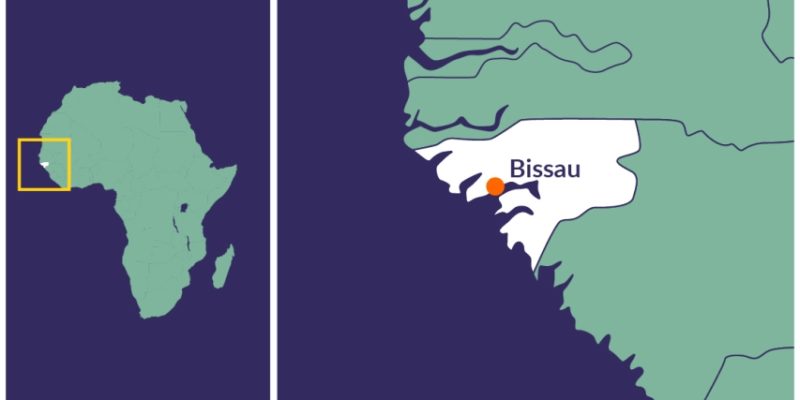The World Bank has approved an additional grant of US$4 million to support Guinea-Bissau’s population and housing census, bringing the total financing for the census to US$10 million. This support is part of the Harmonizing and Improving Statistics in West and Central Africa (HISWACA) project, which now provides a total of US$19 million grant to strengthen statistical capacity in Guinea-Bissau.
RELATED: Nigeria’s 2025 census to leverage smart technology: A solution to decades of controversial population counts?
The additional financing will cover a cost overrun in the census implementation, ensuring sufficient resources to conduct Guinea-Bissau’s first fully digital census.
“The government of Guinea-Bissau identified the need for additional financing to ensure the successful implementation of the census, and the World Bank responded promptly to this request,” said Rosa Brito, World Bank Group Resident Representative in Guinea-Bissau.
“This additional support will help secure the necessary workforce, equipment, and infrastructure for the census. It is a critical process for the country, since accurate population data is essential for evidence-based policymaking and will play a key role in shaping Guinea-Bissau’s long-term development.”
Guinea-Bissau’s last population census was conducted in 2009, and the lack of up-to-date data has posed significant challenges to effective development planning, monitoring, and policymaking. The upcoming census will provide critical insights into the country’s population size, distribution, and socio-economic characteristics.
The activities covered by this additional financing include cartography, the pilot census, enumeration, data processing and analysis, as well as the dissemination and use of census results and data.
The HISWACA regional project aims to enhance country’s statistical performance, promote harmonized data practices across countries, improve access and use of data, and modernize national statistical systems in West and Central Africa. The initiative includes eight countries–Benin, Guinea, Guinea-Bissau, Mali, Mauritania, Niger, Senegal, and The Gambia–and three regional organizations: the African Union (AU), the Economic Community of West African States (ECOWAS), and the West African Economic and Monetary Union (UEMOA), with a total financing amount of US$464 million.
































